From the outset, sceptical voices, especially in the West, rushed to deem the Arab intervention in Yemen – led by Saudi Arabia with support from the UAE – a “quagmire”. While this is indeed a danger, Yemen has proved neither a quagmire nor a lost cause.
On balance, the Arab states and their Yemeni government allies are moving towards their goals. Yet the conflict will ultimately not be resolved on the battlefield. It will instead require finding a workable political solution that can restore stability.
One of the main long-term dangers that cannot be underestimated is the creeping introduction of ISIL into the conflict, along with the persistence of the local Al Qaeda franchise, AQAP. This was underscored by a deadly ISILattack on government troops in Hadramawt on Friday.
The growth of terrorist groups in Yemen is one of the gravest long-term problems that the government and allied Arab states will have to resolve to restore long-term stability to this long-suffering country. Ending the civil war won’t be enough if two major terrorist organisations have been able to set up shop in Yemen by taking advantage of the conflict.
A brighter note is the return to the country – although only to the southern city of Aden – of Yemeni president Abdrabu Mansur Hadi from Saudi Arabia. Days before, the country’s prime minister, Khaled Bahah, announced the return of his government to Yemen, also to be based in Aden.
It would have been preferable if the internationally recognised government of Yemen had been able to return to the capital of Sanaa. However, the government and Arab forces have wisely decided to not yet attempt to retake Sanaa from the Houthi rebels and their Yemeni militia allies loyal to former president Ali Abdullah Saleh.
Such a battle would, unlike the largely accomplished and relatively much more straightforward struggle to remove these groups from the south, involve fighting in areas in which the rebels have significant support. While the coalition and government forces have been advancing towards the capital from two directions, retaking Sanaa would probably involve exceptionally difficult fighting, perhaps including house-to-house combat.
Last week, the UN reported that 5,700 people have died in Yemen since the Arab intervention began in March, including 830 women and children. Perhaps even more alarmingly, it added that 82 per cent of the 24.4 million people in Yemen are dependent on some form of humanitarian aid. All aspects of Yemeni society have been deeply damaged by decades of misrule and strife.
Observers have acknowledged that, inevitably, all sides in the conflict – including AQAP and ISIL – have been responsible in some measure for civilian deaths and suffering. But the Arab states are the internationally recognised and responsible parties involved who have a level of accountability and responsibility that the Houthis – let alone the terrorist groups – simply don’t have.
An all-out assault on key areas of the north, especially Sanaa, is therefore a very dangerous proposition for government and allied forces on two counts. It would be much more difficult to prevail under the current circumstances, and the civilian costs would be very high. The Yemeni and international political price of such an assault would probably be seen as prohibitive.
The key to a Yemeni conflict remains, as it has been from the beginning, a political solution. And the crucial factor in achieving that remains breaking the decisive Houthi-Saleh alliance.
The biggest setback of the intervention thus far has been an inability to achieve this all-important goal. It is almost certainly going to require a bitter pill: giving Mr Saleh’s camp some rewards most observers legitimately believe they don’t deserve given their conduct, but without which they might not be induced to break with the Houthis. If that happened, the Houthis would almost certainly have to focus on consolidating their interests in their own areas and abandon their ambitions of ruling other parts of Yemen. A deal would then really be possible.
But this would probably involve painful concessions about the future political role of Mr Saleh’s family, especially his son Ahmed. Former UN special envoy to Yemen, Jamal Benomar – whose successor, Ismail Ould Cheikh Ahmed, last week went to Iran to discuss the situation with the Houthis’ main backers – said in 2013 that Mr Saleh and his son would have the right to run in future elections. This suggests that international mediators have long believed that an accommodation of their political future is the key to some kind of conciliation.
Meanwhile, the conflict presses on, with the coalition and government forces poised to try to retake the strategic southwestern city of Taez, and set up a restored national government in Aden. Despite international scepticism, the intervention is indeed making progress. But the solution will have to involve more than incremental military gains. It will almost certainly require finally finding a political formula for breaking the Saleh-Houthi alliance as the essential prelude to a broader agreement.
This article originally appeared in The National.
The views represented herein are the author's or speaker's own and do not necessarily reflect the views of AGSI, its staff, or its board of directors.
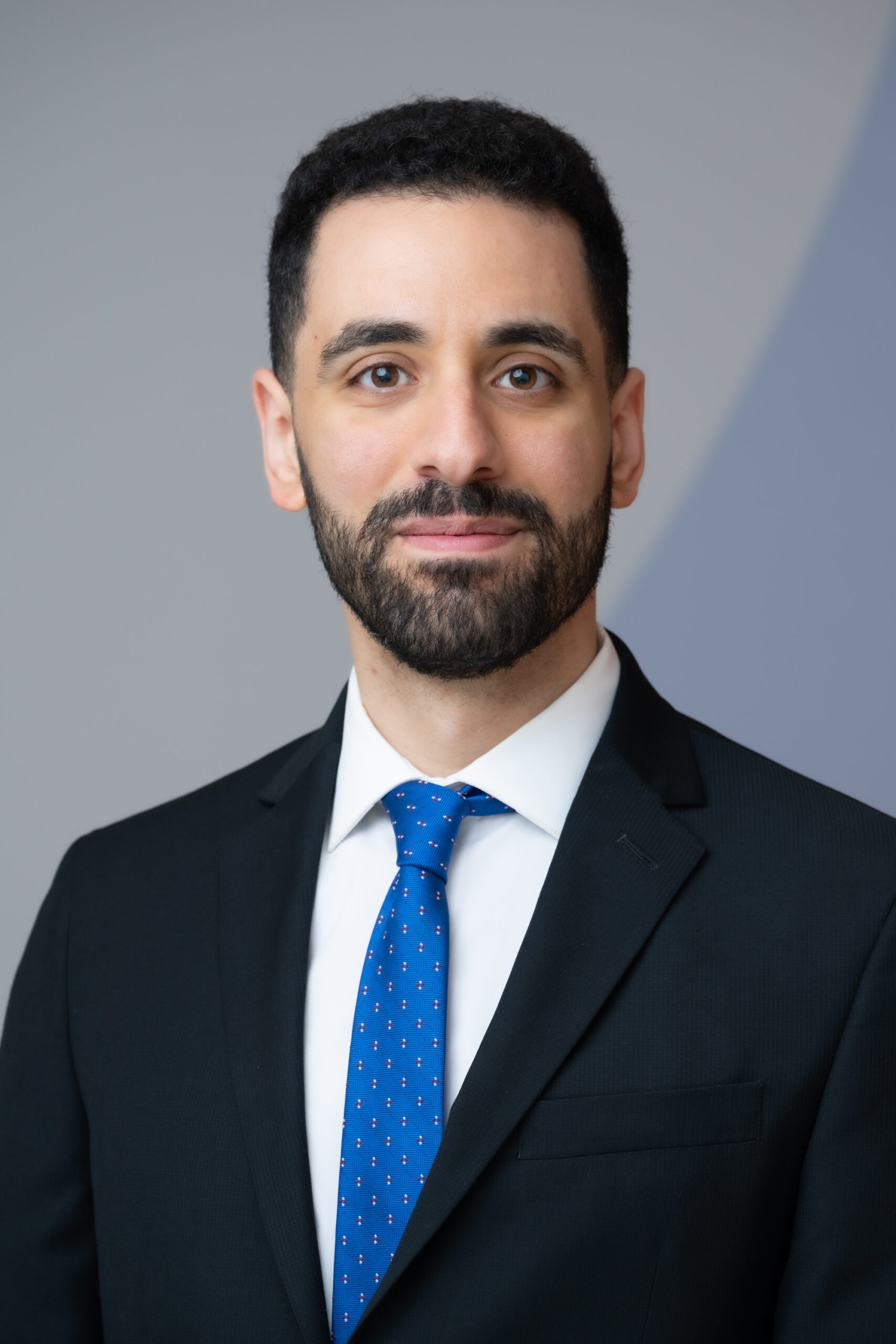


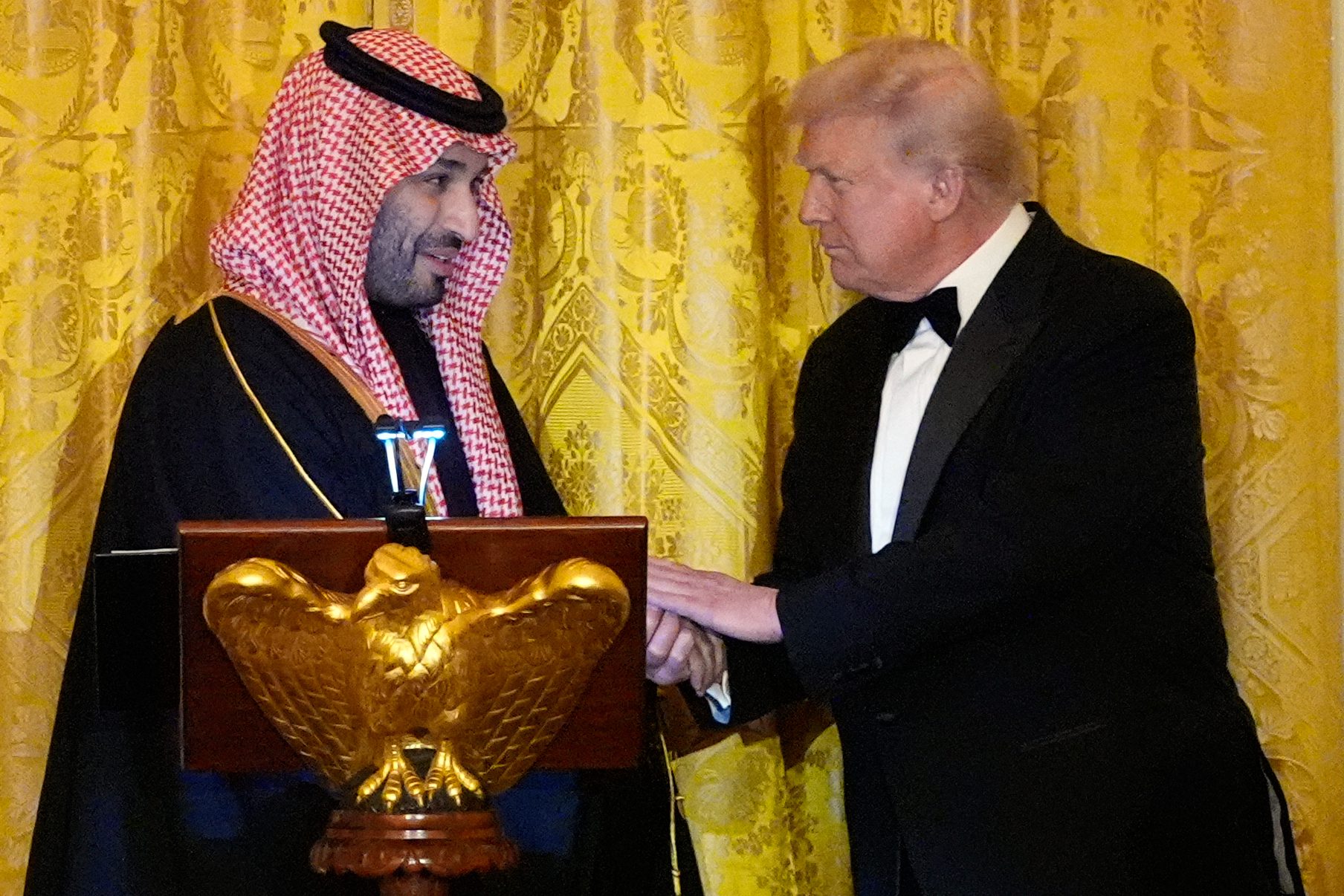




















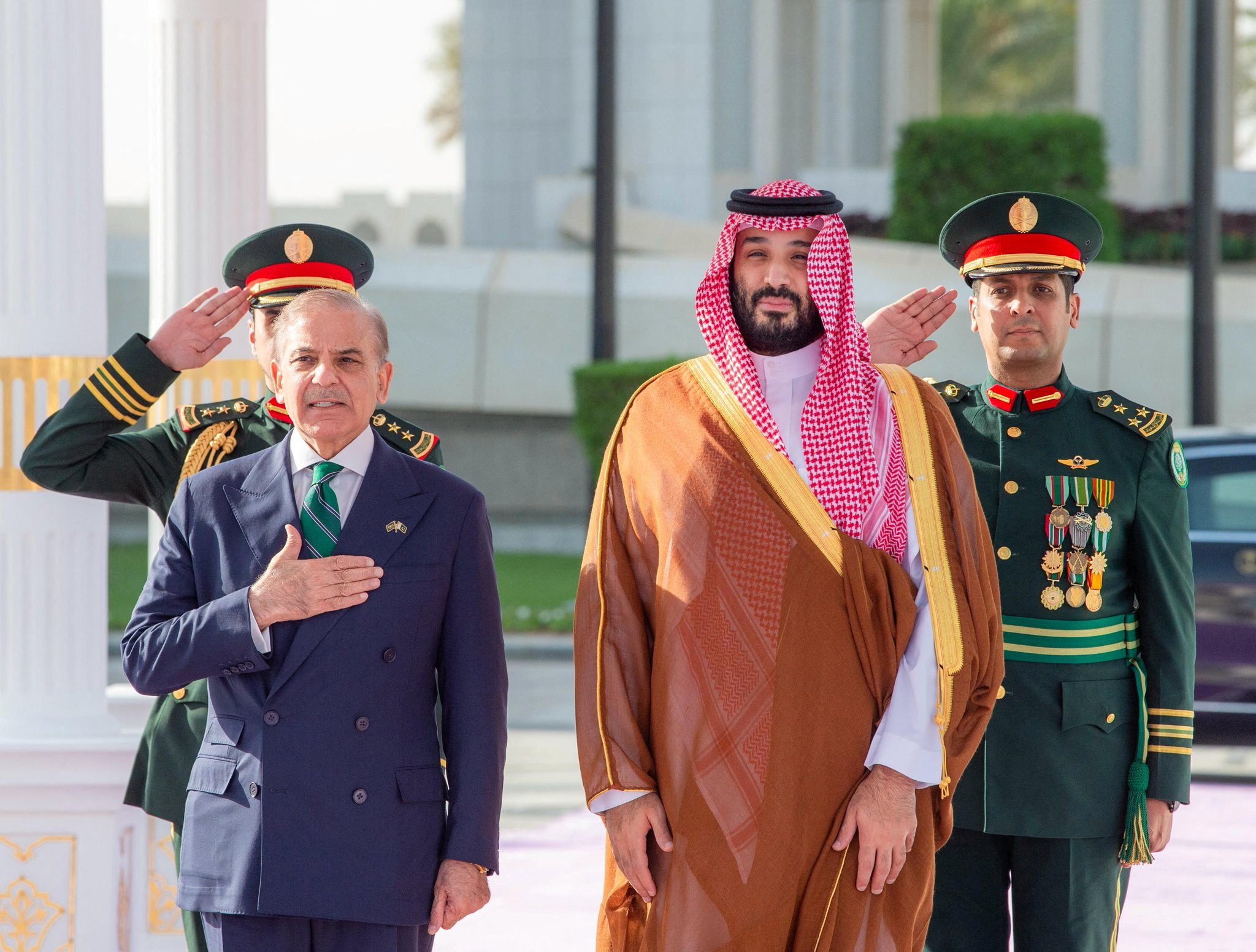
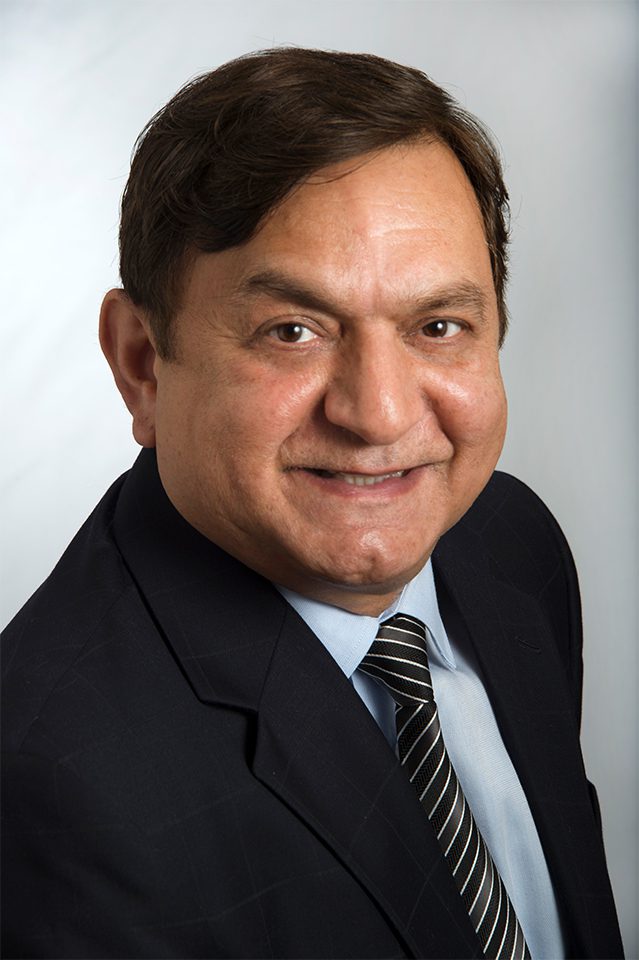
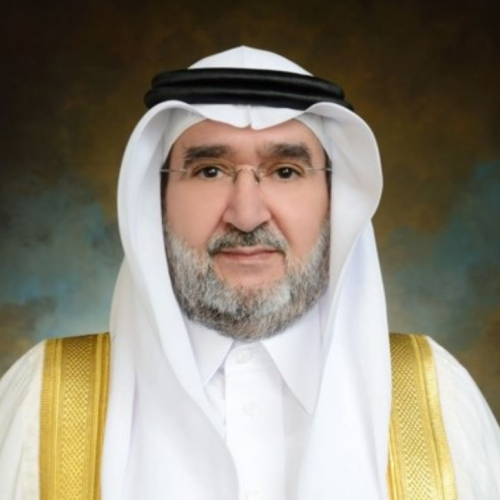
Nov 23, 2015
Yemen situation will still need a political solution
From the outset, sceptical voices, especially in the West, rushed to deem the Arab intervention in Yemen – led by Saudi Arabia with support from the UAE – a “quagmire”. While this is indeed a danger, Yemen has proved neither a quagmire nor a lost cause. On balance, the Arab states and their Yemeni government...
4 min read